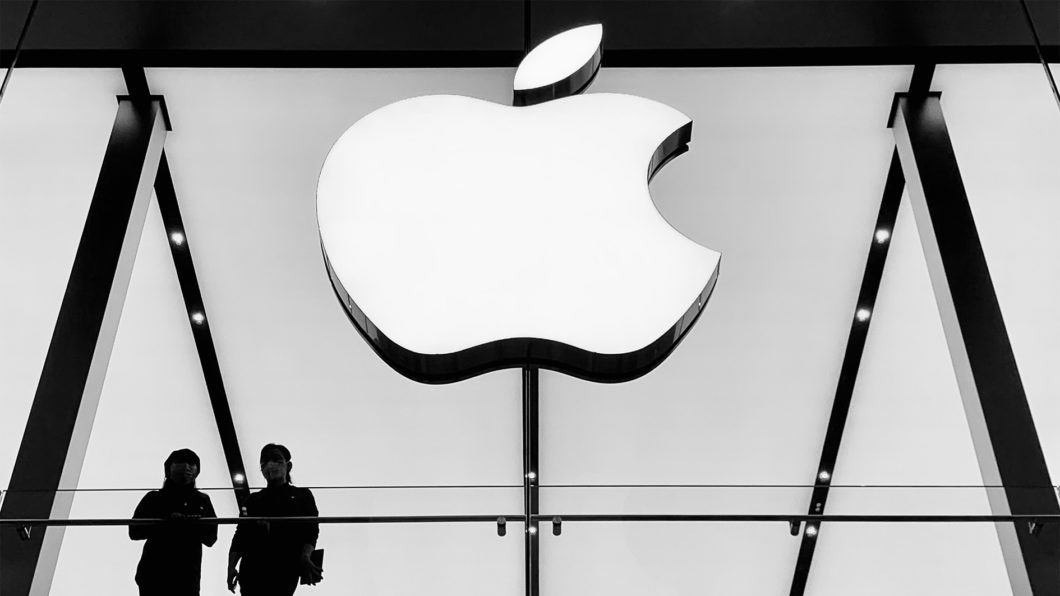Indonesia is playing a risky game by pushing Apple to invest $1 billion in the country in exchange for lifting a ban on the iPhone 16. The government rejected Apple’s initial $10 million and $100 million offers, demanding a higher amount, but this strategy could backfire, according to a senior fellow at the Center for Indonesian Policy Studies, Krisna Gupta.
The strategy comes at a time when Apple is facing significant disruptions in its supply chain due to a ban on Chinese goods imposed by the Trump administration. This has forced the company to look for alternative locations to build its facilities, including countries like India and Vietnam. These countries are rolling out the red carpet for Apple, offering tax incentives, near-instant approvals, and allowing Apple to source components from different supply chains. In contrast, Indonesia is taking a hardball approach, which might not be the best way to secure investments.
Despite this, Indonesia’s government remains firm in its position. Minister of Investment Rosan Roeslan has emphasized the importance of job creation and the movement of the global value chain, suggesting that fairness should be a key part of any deal. However, there is concern that playing hardball with a company as powerful as Apple could have long-term consequences for Indonesia’s investment climate.
Apple shipped just 2.9 million iPhones in Indonesia last year, making the market relatively insignificant for the tech giant. The $1 billion deal appears to be the result of pressure from Indonesia’s government rather than any deep interest in the Indonesian market. Many experts argue that this could have been an opportunity for Indonesia to engage in a more collaborative negotiation, offering incentives that could make the country more attractive to Apple without resorting to threats or coercion.
Krisna Gupta warns that such hardball tactics could damage Indonesia's reputation as an investment destination. While Vietnam and India are offering Apple more favorable terms, Indonesia risks being left behind as these countries continue to create an environment that’s more conducive to business. Gupta points out that Vietnam, despite having a smaller domestic market than Indonesia, has managed to secure $15 billion in investment from Apple through a combination of tax incentives and favorable business conditions.
At a time when Indonesia is grappling with the closure of factories and layoffs in its footwear and textile sectors, playing hardball with Apple could be detrimental to the country’s economic growth in the long term. The government needs to reconsider its approach if it wants to secure future investments and become a competitive player in the global market.
WCCFTECH/BLOOMBERG
Read More






 Sunday, 01-03-26
Sunday, 01-03-26







